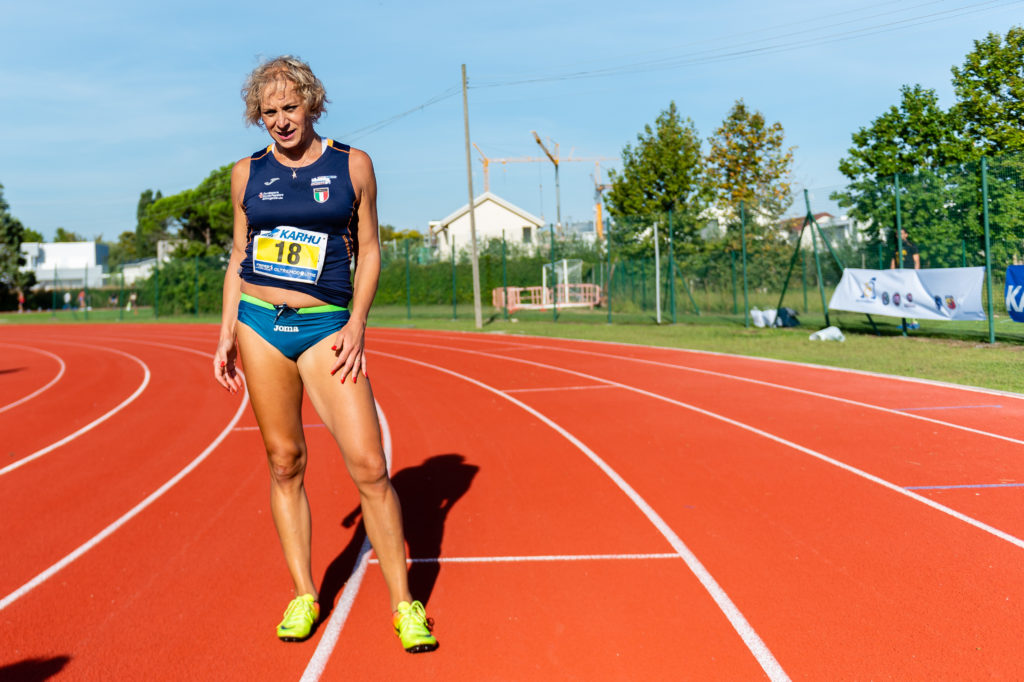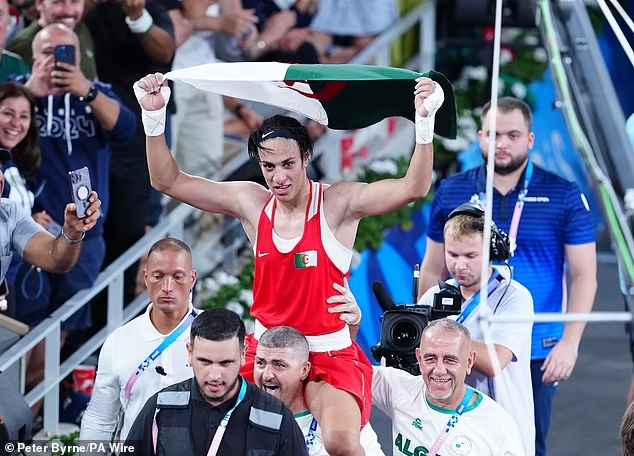The world of sports has always been a reflection of societal values and debates. Recently, J.K. Rowling, renowned author of the Harry Potter series, has stirred controversy by labeling transgender athletes Valentina Petrillo and Imane Khelif as “cheaters.” This statement has reignited discussions about the inclusion of transgender individuals in women’s sports, raising questions about fairness, identity, and the future of athletic competitions.
J.K. Rowling’s Statements
Rowling’s comments emerged on social media, where she expressed concerns about the integrity of women’s sports. Referring to Petrillo and Khelif, she stated that allowing transgender women to compete in female categories undermines the essence of fair competition. Her remarks have been both applauded and criticized, highlighting the polarized nature of this debate.
Profile: Valentina Petrillo
Valentina Petrillo, an Italian Paralympic sprinter, transitioned in 2019 and has since competed in women’s events. She reached the semi-finals in the T12 200m and 400m races at the Paris Paralympics. Despite facing criticism, Petrillo has emphasized the support she received from fellow athletes and her commitment to inspiring others through her journey .
Profile: Imane Khelif
Imane Khelif, an Algerian boxer, faced disqualification from the 2023 International Boxing Association championship due to an unspecified eligibility test. Despite no evidence suggesting she is transgender or intersex, public figures, including Rowling, have questioned her participation in women’s boxing. Khelif has filed a complaint over the harassment she faced, naming Rowling among others .

Reactions to Rowling’s Comments
The reactions to Rowling’s statements have been mixed. Some support her stance, arguing for the preservation of fairness in women’s sports. Others accuse her of perpetuating transphobia and ignoring the complexities of gender identity. Petrillo responded by highlighting the challenges transgender athletes face and the importance of inclusivity in sports .
The Debate on Transgender Athletes in Women’s Sports
Supporters of transgender inclusion argue that with appropriate regulations, such as hormone therapy and eligibility criteria, transgender women can compete fairly. Critics, however, raise concerns about physiological advantages and the potential impact on cisgender female athletes. The debate continues, with both sides presenting compelling arguments.
Governing Bodies and Policies
Organizations like the International Olympic Committee and World Athletics have established guidelines for transgender athletes, focusing on hormone levels and transition timelines. These policies aim to balance inclusivity with fairness, though they are continually evolving in response to new research and societal shifts.

Media Coverage and Public Opinion
Media outlets and public figures play a significant role in shaping the narrative around transgender athletes. Social media amplifies these discussions, often leading to polarized opinions. The involvement of celebrities like Rowling further intensifies the spotlight on this issue.
Legal and Ethical Considerations
The inclusion of transgender athletes raises legal questions about discrimination and human rights. Khelif’s legal action against alleged harassment underscores the potential legal ramifications of public statements and the importance of respectful discourse.
Historical Context
Transgender athletes have participated in sports for decades, with varying levels of acceptance. Past controversies have influenced current policies and public perceptions, highlighting the need for ongoing dialogue and understanding.


Psychological Impact on Athletes
Transgender athletes often face mental health challenges due to discrimination and scrutiny. Support systems, including counseling and advocacy groups, are crucial in helping them navigate these pressures and maintain their well-being.
Role of Advocacy Groups
Organizations advocating for transgender rights work tirelessly to promote inclusivity in sports. They engage in educational initiatives, policy advocacy, and support services to ensure transgender athletes have equal opportunities.
Future of Women’s Sports
The future of women’s sports will likely involve continued discussions about inclusivity and fairness. As policies adapt and societal understanding evolves, the goal remains to create an environment where all athletes can compete equitably.

Comparative Analysis
Examining similar cases in other sports and countries provides valuable insights. International perspectives reveal diverse approaches to transgender inclusion, offering lessons that can inform future policies.
Conclusion
The controversy surrounding J.K. Rowling’s comments on transgender athletes underscores the complexities of balancing




